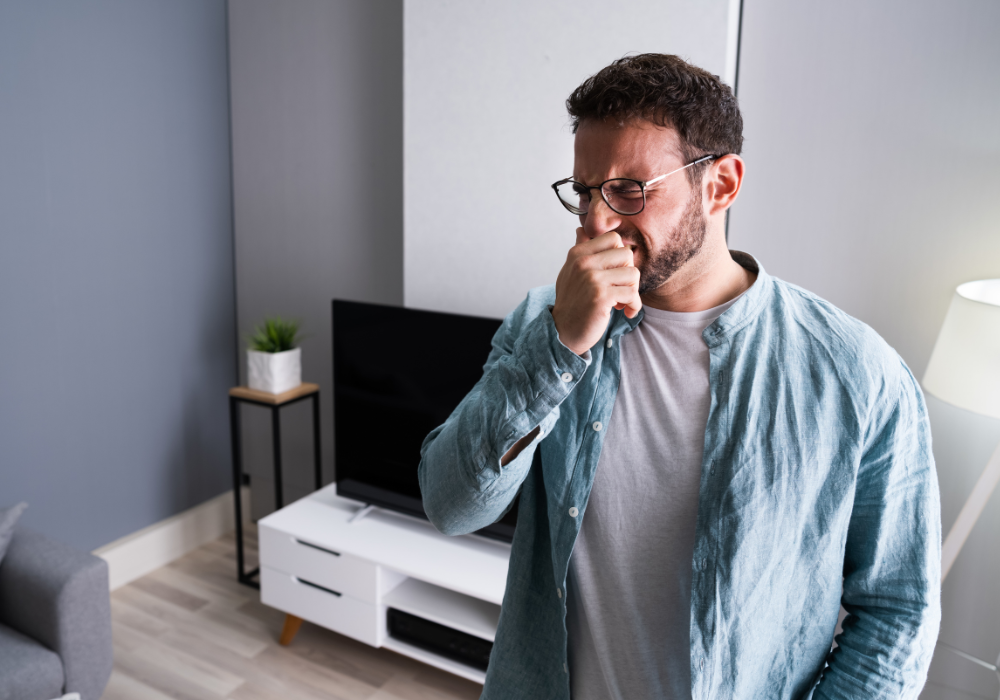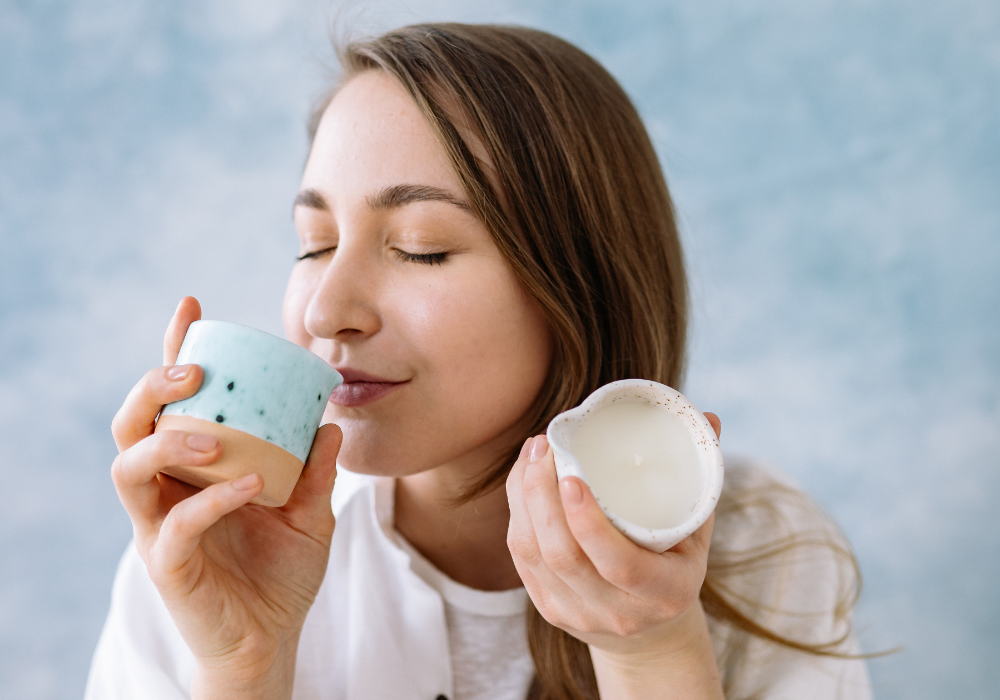New research links chronic late nights to serious physical and mental health risks.

In one of the largest sleep studies to date, researchers analyzed data from over 24,000 adults to explore how bedtime habits impact long-term health—and the results aren’t looking good for night owls.
People who consistently go to bed after 1 a.m. were found to have higher risks for depression, obesity, chronic illness, and even early death. The study, published in Chronobiology International, adds to a growing body of evidence showing that late sleep schedules may throw off the body’s circadian rhythm in ways that ripple through nearly every biological system.
It’s not just about how many hours you sleep—it’s when you sleep that may determine everything from your mood to your metabolic function. If you’re staying up late out of habit or necessity, it may be time to rethink your nightly routine before your health pays the price.








